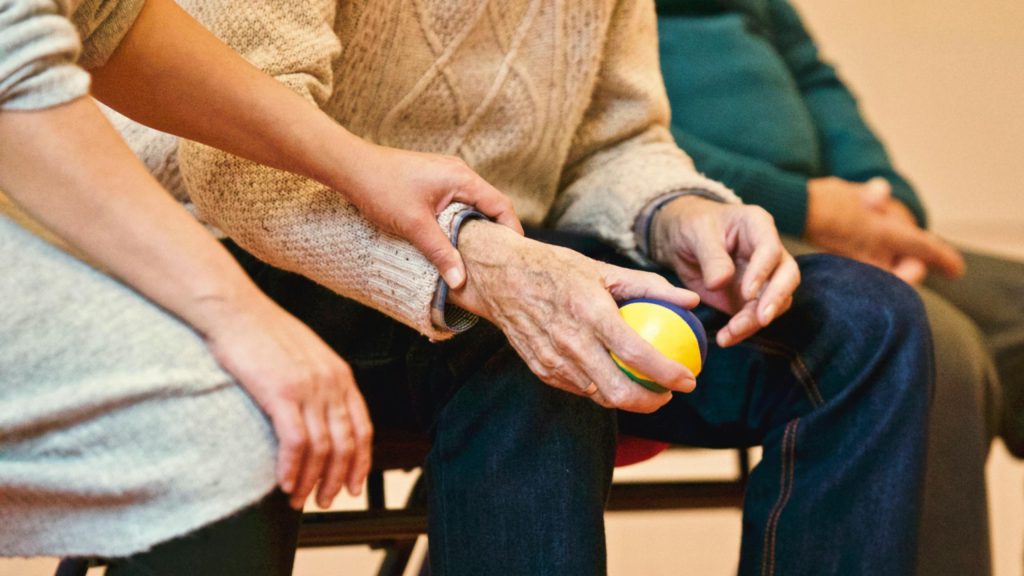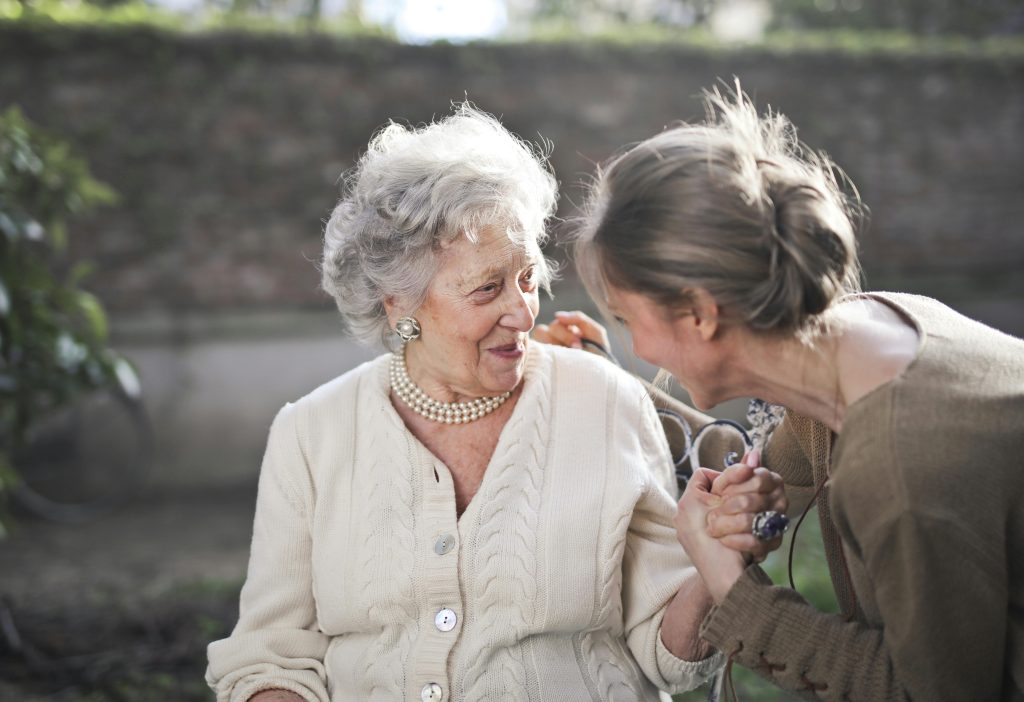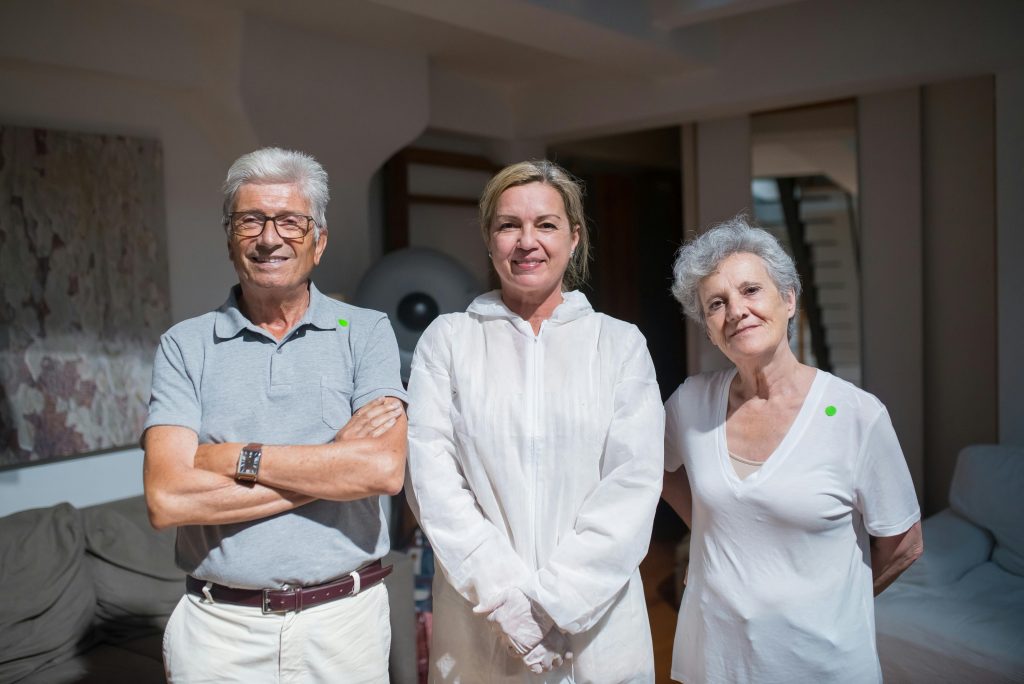They’re not shuffling quietly offstage. America’s seniors are out here setting early alarms for pickleball, calling out politicians with zero filter, and letting everyone know they’re not done living. They’ve spent decades paying mortgages, paying taxes, raising kids who might still be asking for money, and now they’re claiming a new chapter. But it’s not all sunrise walks and AARP discounts. It’s a mixed bag of independence, health scares, loneliness, and the freedom to tell your neighbor’s dog to stop barking at 5 AM. Let’s take a real look at what aging in America actually feels like right now, for the people who’ve earned the right to live it on their own terms.
Still Kicking, Still Contributing
Forget the stereotype of seniors as passive recipients of care. They’re volunteering, working part-time, mentoring, and yes, still paying attention. Older Americans are showing up at school board meetings, helping grandkids with math that makes zero sense, and covering shifts when their adult children get stuck in traffic. They know the value of a dollar because they’ve watched it shrink in real time, and they’re the ones who still keep cash in the house “just in case.”
They’re also a backbone of family life, quietly sliding a twenty into a grandkid’s hand, buying the extra groceries, and helping with childcare while pretending they don’t mind Bluey on loop. They may not post about it on Instagram, but that doesn’t mean they aren’t the quiet glue keeping everyone’s lives together.
Health Gets Personal
Aging means dealing with bodies that sometimes betray you in the frozen foods aisle, or right when you’re stepping off the porch. Doctor’s offices become as familiar as the grocery store, and the health system can feel like a labyrinth that’s more interested in billing codes than people. The reality? Health issues come, and many manage them with grit and humor—tracking their blood pressure while still showing up to the neighbor’s barbecue.
Families often find themselves having to help choose the right assisted living when home becomes too much to handle, and it’s a tough call. People want to age at home, surrounded by their own dishes, their own furniture, and the dent in the couch that’s theirs alone. But safety, health, and the weight of adult children sometimes make a move the best choice. And when they find a good fit, many seniors discover new friendships and activities that actually get them out of bed in the morning.
The Freedom They’ve Earned

Retirement isn’t always a trip to Florida or daily golf, but there’s a sweet freedom in not having to clock in. For those who planned well or got lucky, it’s a time to travel, spoil grandkids, or finally learn how to use that fancy camera sitting in the closet. For others, it’s about finding small joys while stretching Social Security checks in a country where prices seem to rise every time you blink.
Housing choices become part of the conversation. Some downsize to smaller spaces with less maintenance, while others seek out 55-plus communities that mix privacy with social perks. And then there’s the golden question: What is independent living for seniors? It’s the sweet spot for many: a place where you have your own apartment, your own schedule, and someone else deals with the lawn and leaky faucets. It’s aging with independence but with a safety net in the background—something many find to be the difference between simply existing and truly living.
Loneliness: The Hidden Weight
Even the strongest seniors can get hit with loneliness, especially when friends pass away or family moves out of state. Social circles shrink, and health limitations can keep people home more than they’d like. Technology helps, but FaceTime is no replacement for the smell of coffee and the sound of a real laugh across the kitchen table.
Communities that offer gatherings, volunteer opportunities, or intergenerational programs help ease this burden. It turns out bingo isn’t just about winning a plastic ring; it’s about having a reason to put on a decent shirt and leave the house. Faith communities, neighborhood groups, and libraries become lifelines, reminding people that connection isn’t just a luxury—it’s part of health.
A Different Kind Of Legacy
America’s seniors have seen wars, recessions, technology booms, and the collapse of things they once thought unshakable. They’ve adapted, often with a mix of sarcasm and practicality, and many are determined to leave something behind, whether it’s a financial gift, family traditions, or stories only they can tell.
They’re the keepers of family recipes, of photos tucked into albums, and of cautionary tales about life choices that didn’t pan out. They remind us that there’s wisdom in having lived long enough to know that things pass, and that often, getting through the day with a little laughter is a victory worth celebrating.
Raising A Glass

America’s seniors aren’t done yet. They’re still showing up, still learning new things, still living their lives with humor, stubbornness, and an eye on what’s next. They’re complicated, fierce, tired, hopeful, and a little salty about how hard it is to get up off the floor these days.
They’re earning their mornings in the sun and deserve a society that sees them not as a burden but as people with grit who’ve spent decades giving more than they took. If you’ve got a senior in your life, you already know they’re not going quietly, and thank goodness for that.





















